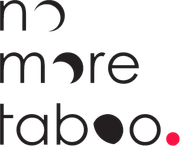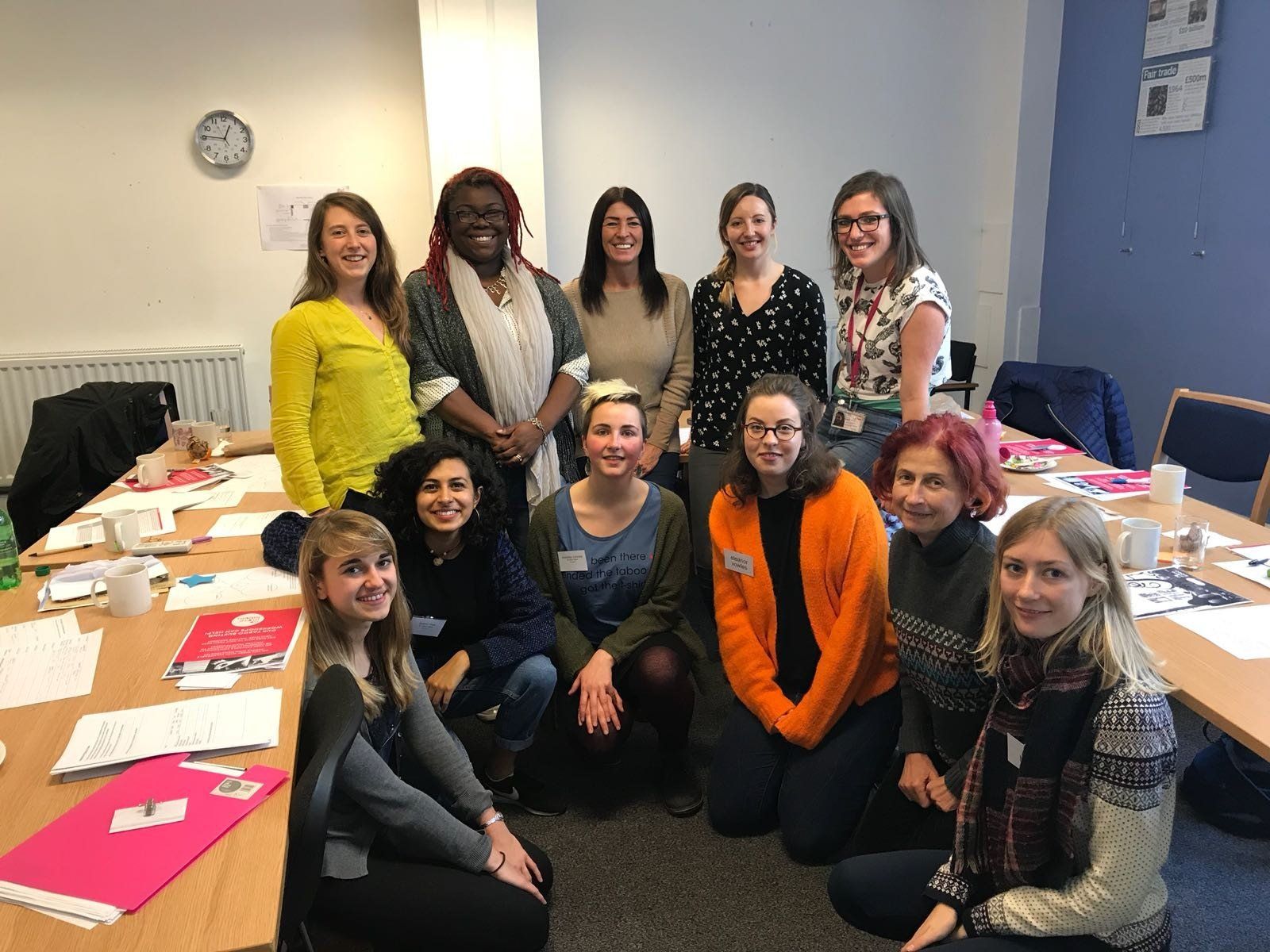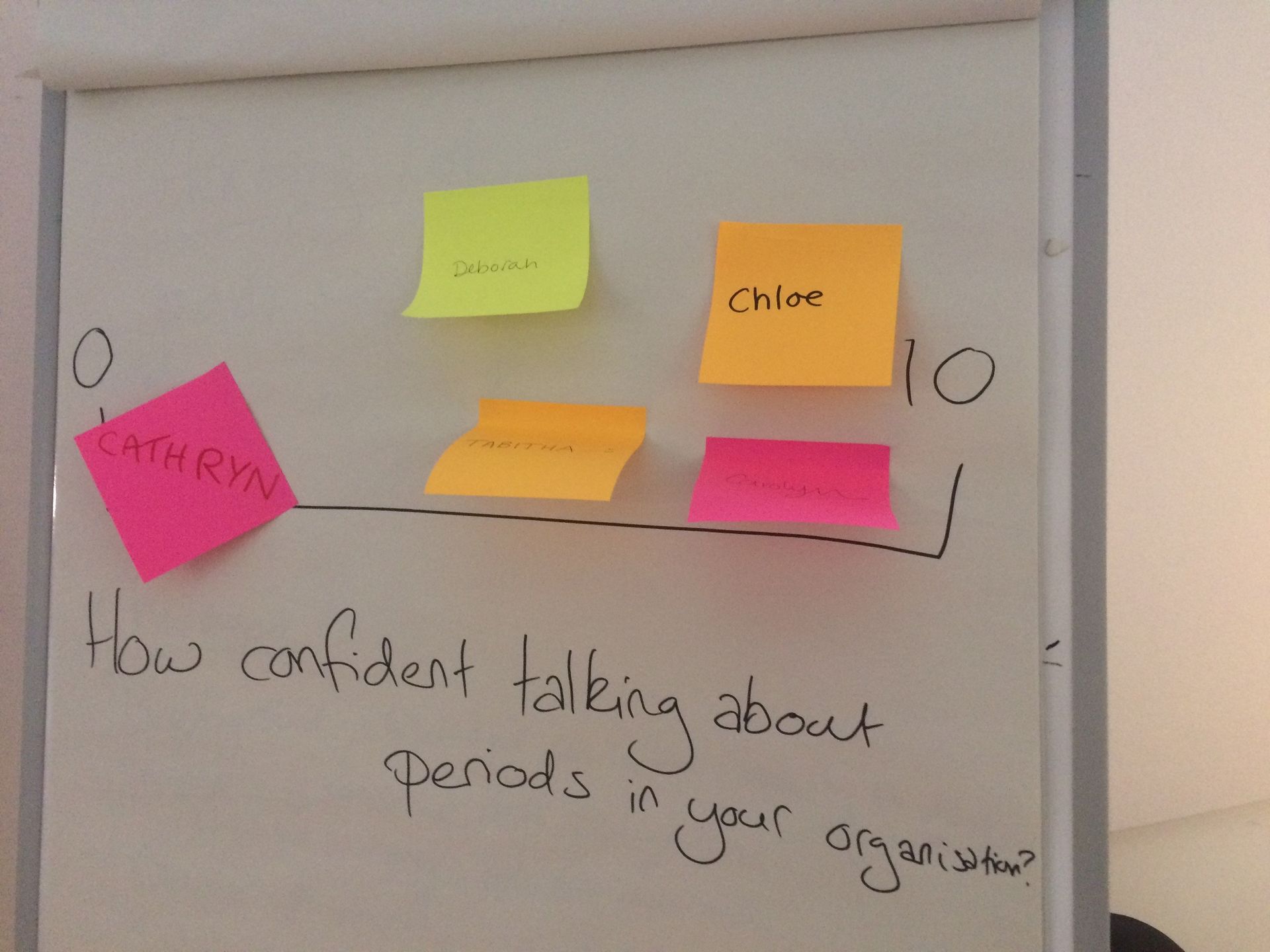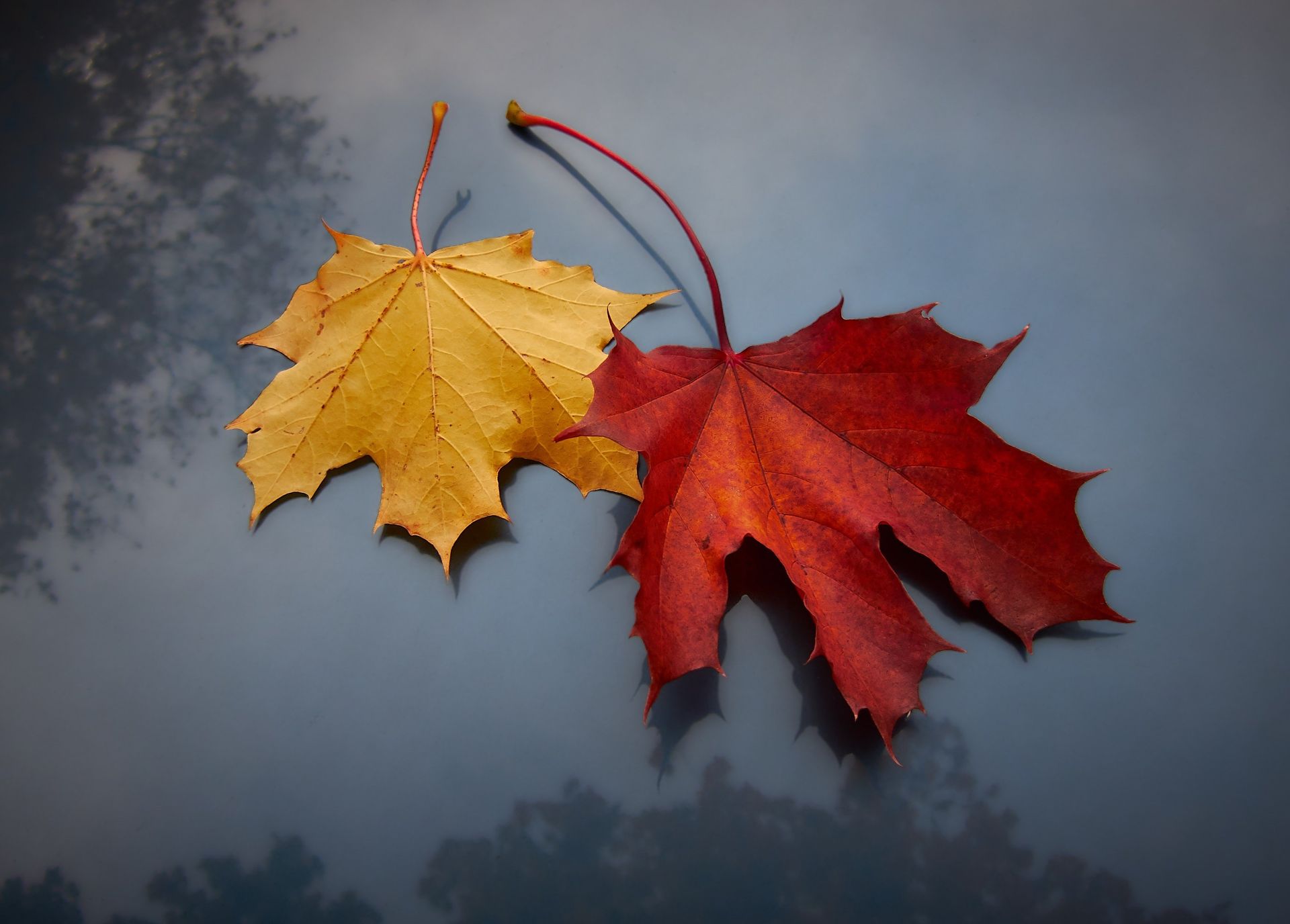Why is menstrual hygiene a human right?
- By Chloe Tingle
- •
- 10 Dec, 2016
- •
In celebration of Human Rights Day on 10th December, Shai explores the connection between our uteruses and the Universal Declaration of Human Rights.
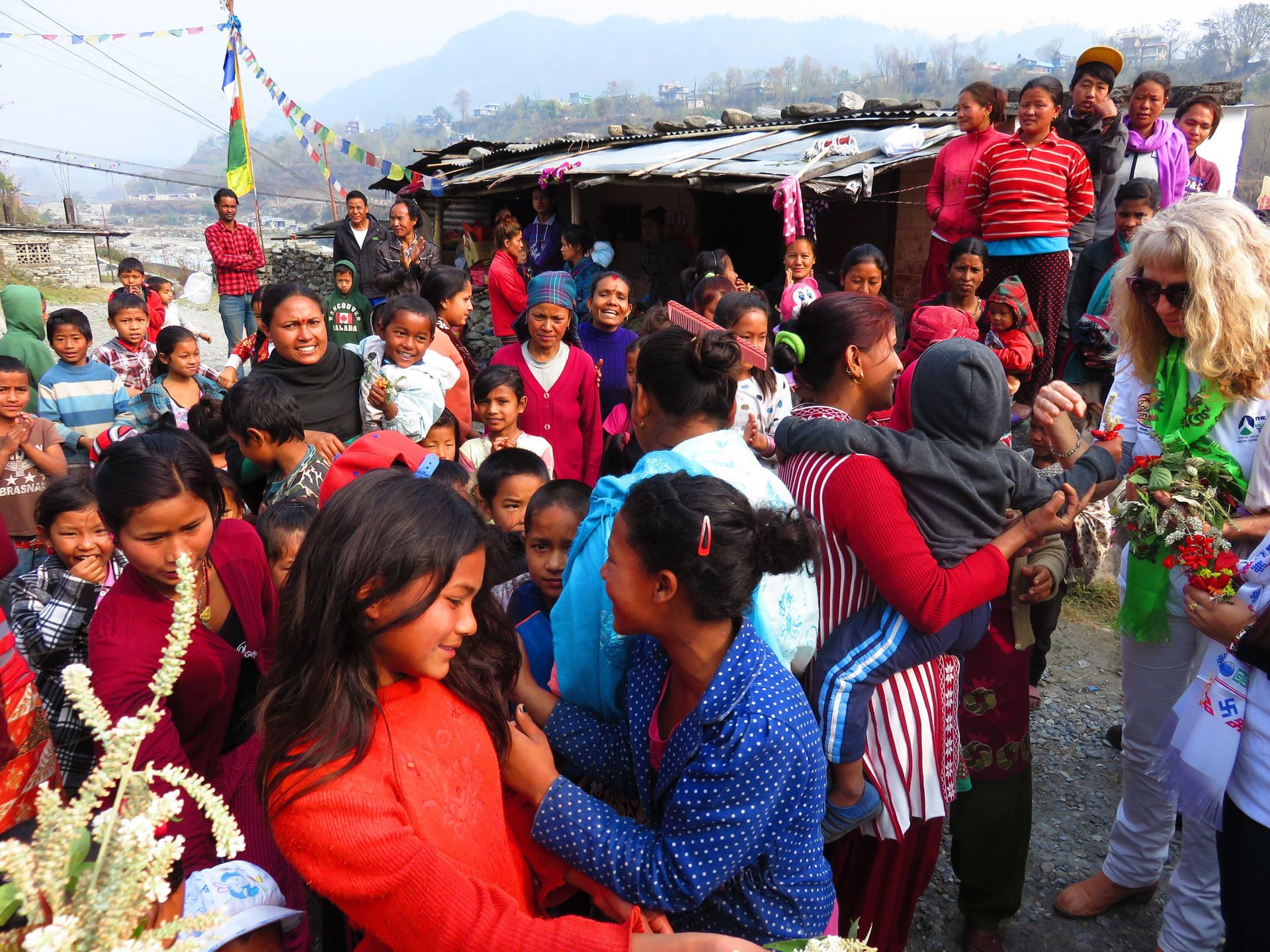
How can something as private and intimate as handling your period really be a human right? Most of us connect our periods to an uncomfortable few days that involves hot water bottles, paracetamol and probably a lot more chocolate than we usually let ourselves eat. We wake up feeling icky and a bit sore, wanting to jump into a hot shower first thing in the morning. Does the state really have an obligation to our menstruating bodies?
Well, actually, yes, but it goes pretty unnoticed to us lucky pups in the UK. We almost always have access to clean, private bathrooms, we can afford to stock up on tampons and all the ones we use get neatly chucked away by the bin people (thanks guys. P.s. If you’re wanting to make the change to reusable products to stop wasting your money and the earth’s resources, check out our shop here)
Unfortunately, there are thousands of people around the world who don’t have the access to basic sanitary materials, private bathrooms or waste disposal facilities necessary for a clean, comfortable and even safe period.
In these situations, there are a whole load of basic human rights that are being violated. Firstly, that of human dignity: we all have the right to live in dignity, and having nowhere to change your sanitary materials or clean yourself in private is definitely a breach of dignity. Connected to this, are the human rights to water, sanitation and health. There are so many documented examples of women in rural India using old cloths, ash and leaves to soak up their periods, and the lack of private, safe and clean bathrooms such as in this displacement camp in Haiti. This lack of sanitation, of course, has massive impacts on your health. You don’t have to be a top notch gynaecologist to know that using dirty, bacteria ridden rags is going to give you a stinking infection down there. The really grave matter is that it is happening right now, to hundreds of thousands of people across the world.
The inability to manage your period in a dignified manner means that the human rights to education and work are also affected. Attendance records are pretty unreliable across the board, but it’s estimated that 17% of women and girls have missed school or work due to their periods. Well – if you haven’t got any pads, and your school doesn’t have proper toilet facilities – what are you really going to do!? This is wholly unfair: participation in learning and the economy should not be disproportionately affected due to menstruation.
This all ties in with one of our human rights at the heart of this issue: the right to gender equality. Taboos and stigma surrounding menstruation leads to negative attitudes about those who menstruate, and stifles conversation and learning. This leads to – you guessed it – nothing being done to solve the issue. However, menstrual hygiene is slowly becoming integrated with water, hygiene and sanitation programmes in low-income countries, and educational projects are being rolled out to combat taboos and discriminatory practices. This is great – but we need to ensure that these projects are culturally appropriate, environmentally friendly, long-lasting and effective. There is progress being made on ensuring menstruators’ human rights are not being violated.
We’ve got to remember that there are many people in the UK who also might not be able to have a dignified period: homeless people. Lack of access to showers, having to constantly use public toilets and not even having enough money to pay for sanitary products all point to similar human rights violations that we’re seeing in the Global South: lack of sanitation and poor health. We’re currently working with homeless organisations across Bristol to implement gender-sensitive policies and improve conditions for homeless menstruators. If you want to ensure a happy period for a homeless person in Bristol, and support the expansion of our important work, make sure you gift somebody our Tackling Period Poverty gift pack this Christmas. Find all the details here.
On Human Rights Day, we need to remember the importance of a dignified, clean period free of stigma for all.
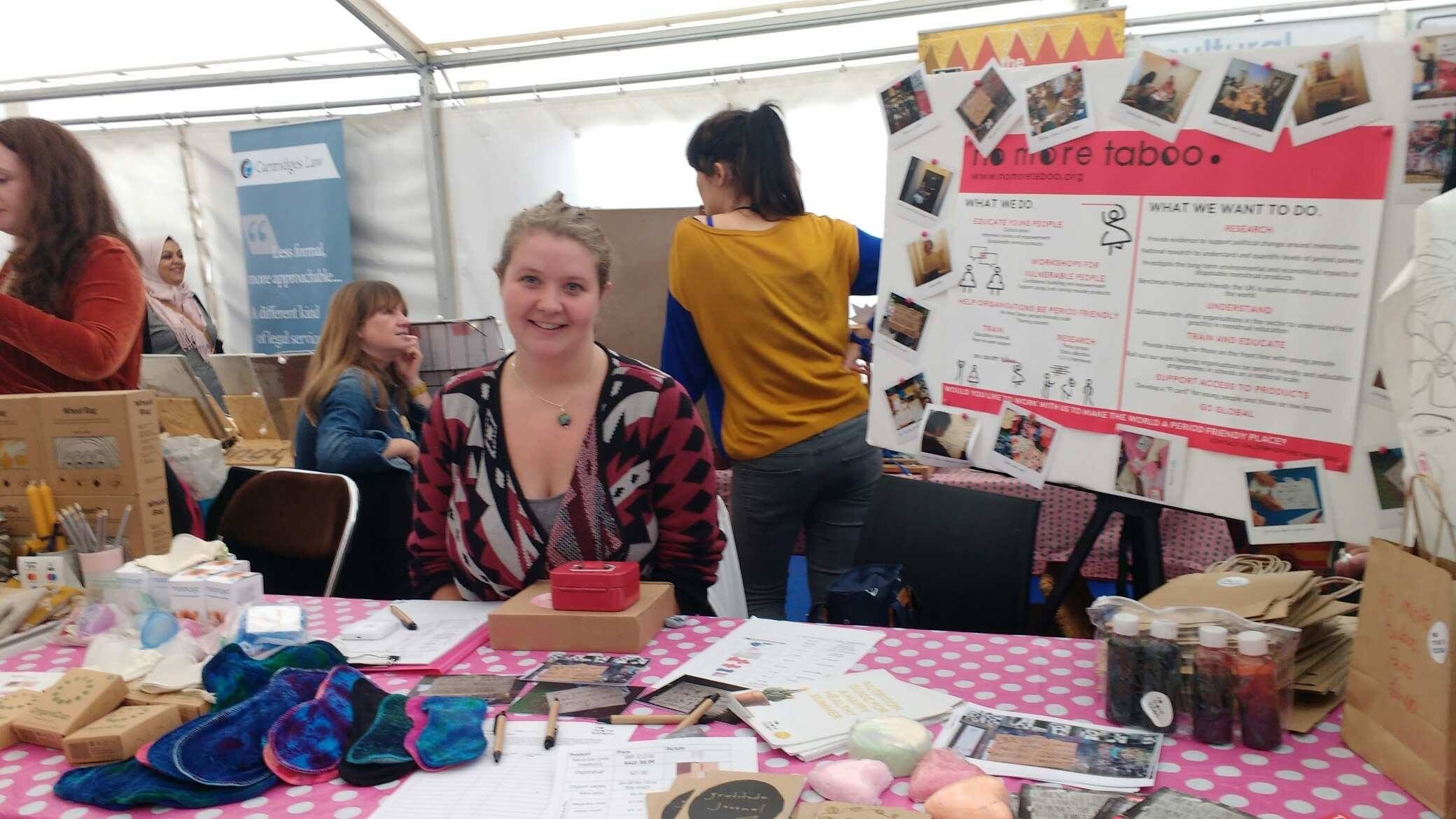
WOW Women of the World festivals have been popping up across the world, if you get the chance to go along to one we would strongly recommend it.
WOW – Women of the World festival celebrates women and girls, and looks at the obstacles that stop them from achieving their potential.
Around the world, individuals and communities are insisting on the simple proposition that women and girls must have equal rights and asking the question: why is gender equality taking so long?
Southbank Centre's WOW – Women of the World festival is a global network of festivals which provides a platform for celebrating what has been achieved, and exploring all the ways we can change the world for the better.
What’s not to love?
Our Founder, Chloe, and her Mum Angela went along to represent No More Taboo with a stall across the two days. Here’s her highlights:
“Although we didn’t get much time to take in all the discussions as we were kept busy wo-manning the stall (thanks Mum for helping out)! We had some great discussions around gender, equality, inclusivity and of course periods with new customers, supporters, other panellists and some old friends who came to see us.
In fact, we were really pleased to catch up with Plan International UK who were opening the festival with a discussion about Period Activism exactly one year on since the launch of our #BreaktheBarriers research and Period Poverty Conference that we ran in collaboration with Plan.
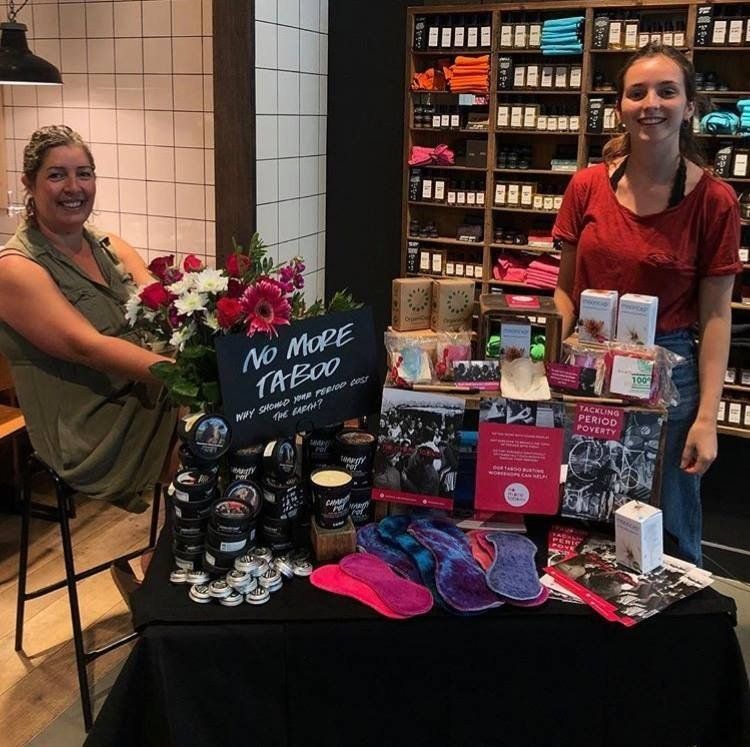
On the first weekend of September, No More Taboo set up shop at Lush Cribbs Causeway for their Charity Pot weekend.
The Lush Charity Pot is a wonderfully creamy shea-butter hand lotion where all the sales money (excluding VAT) goes towards a chosen charity or non-for-profit. This scheme is designed to help boost grass-roots, small and local organisations, like ourselves, financially so that we can continue to do the work we do such as our Tackling Period Poverty programme.
As we were Lush’s chosen organisation for the weekend of the 1-2 September, one of our volunteers, Iloni, and one of our advisors, Carolyn, went along to wo-man the (suitably Lush-styled aesthetic) stall that Lush had kindly provided for us. We took along a range of our products, stacks of leaflets and information as well as our enthusiasm for talking about all things to do with periods.
Over the weekend, we sold over £200’s worth of stock with Ruby Cups and Honour Your Flow re-usable pads proving most popular with Lush customers. On top of this, Lush sold so many of their Charity Pots that £340.60 was raised for No More Taboo – which was amazing!
However exciting the money side of things were with this event, what I personally took away as being the real highlight of the weekend was the number and nature of conversations we shared with customers.
Mothers and daughters came and chatted to us about how they agreed it was so important to use re-usable products for personal and financial reasons as well as for the planet’s sake. Boyfriends accompanied their other halves as they prodded and probed the range of menstrual cups on display. Older women commented on how it’s such a relief to be able to talk about menstruation in public and with people you’ve only just met. They regaled of a time when periods were even more hush-hush and celebrated with us out mission of there being No More Taboo.
We would like to thank Lush Cribbs Causeway for being such wonderful hosts, encouraging every customer that came through their doors to consider buying the Charity Pot or simply to chat with us. Each member of their staff team was incredibly warm and so keen to find out more about what we do. On behalf of all of us at No More Taboo, thank you.
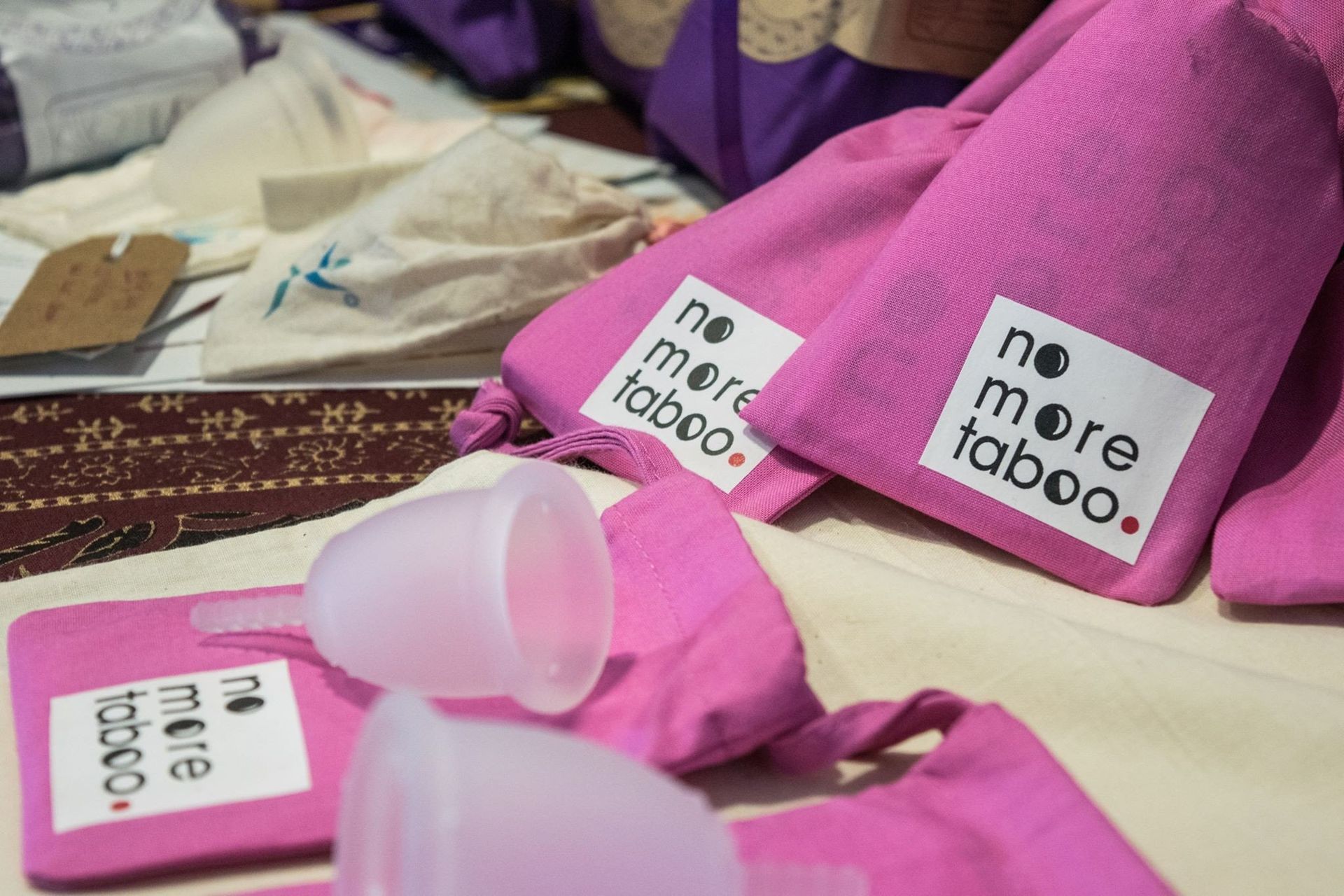
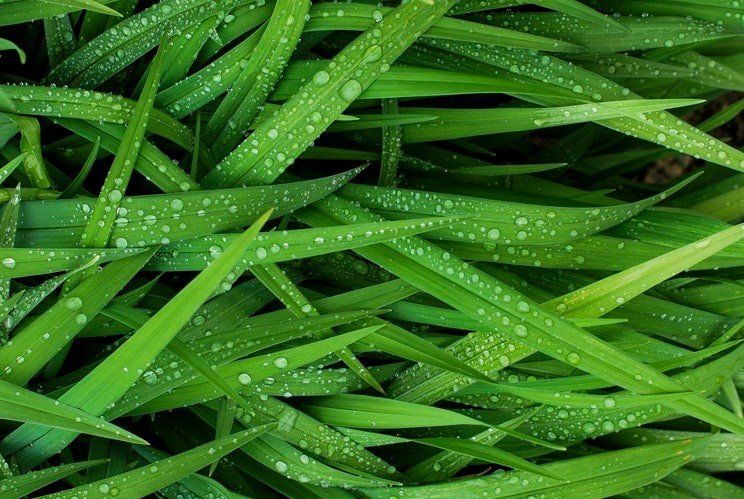
For more information, take a look at their website: https://www1.uwe.ac.uk/whatson/biggreenweek.aspx
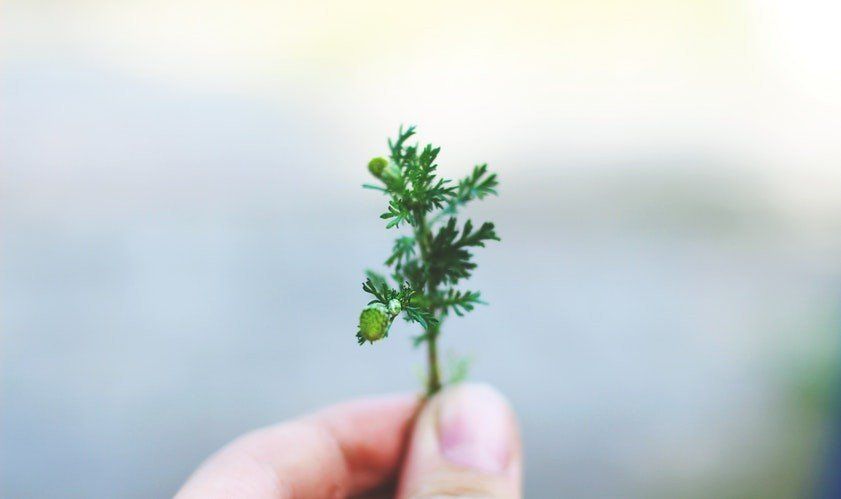
Read more here: https://www.wen.org.uk/environmenstrual-week-of-action/

